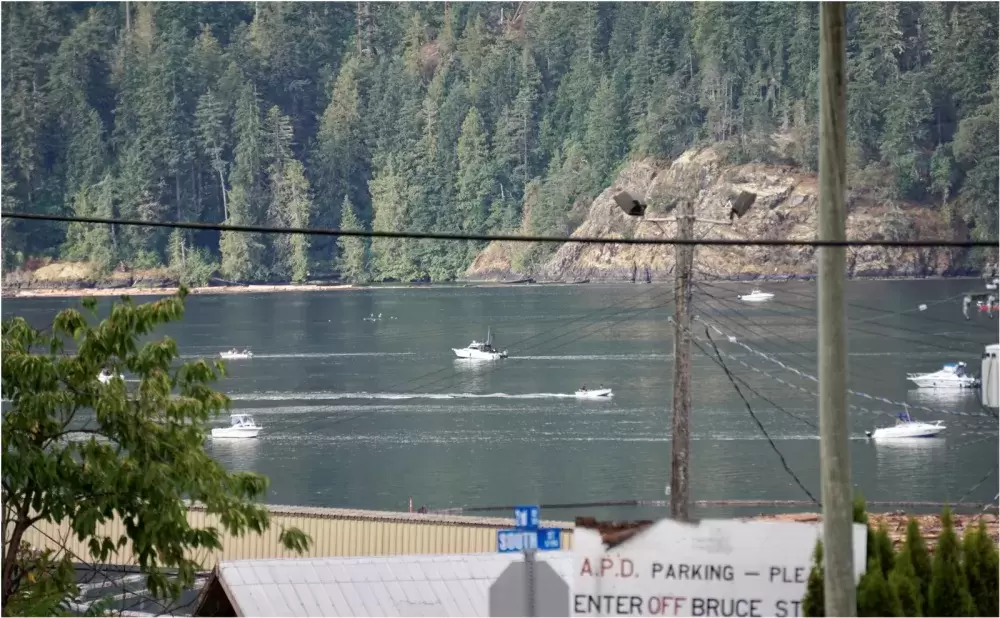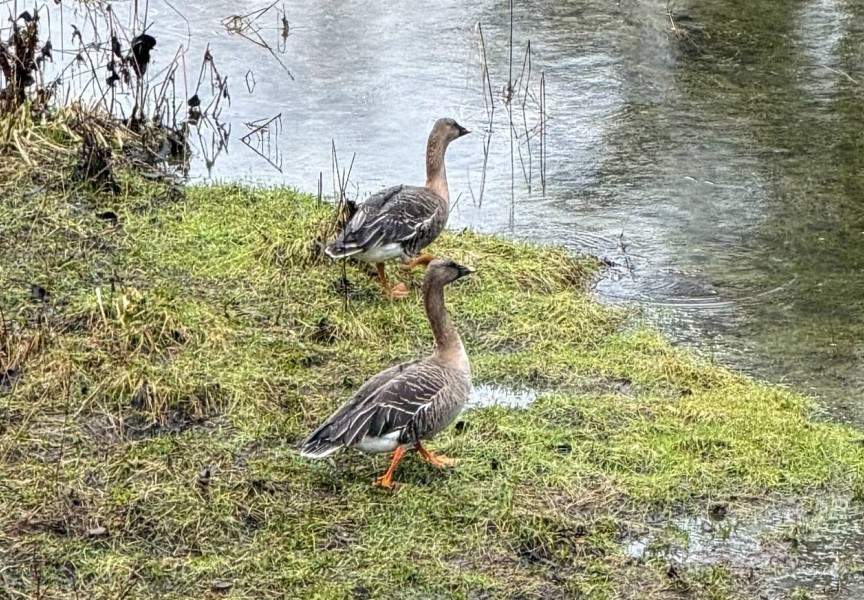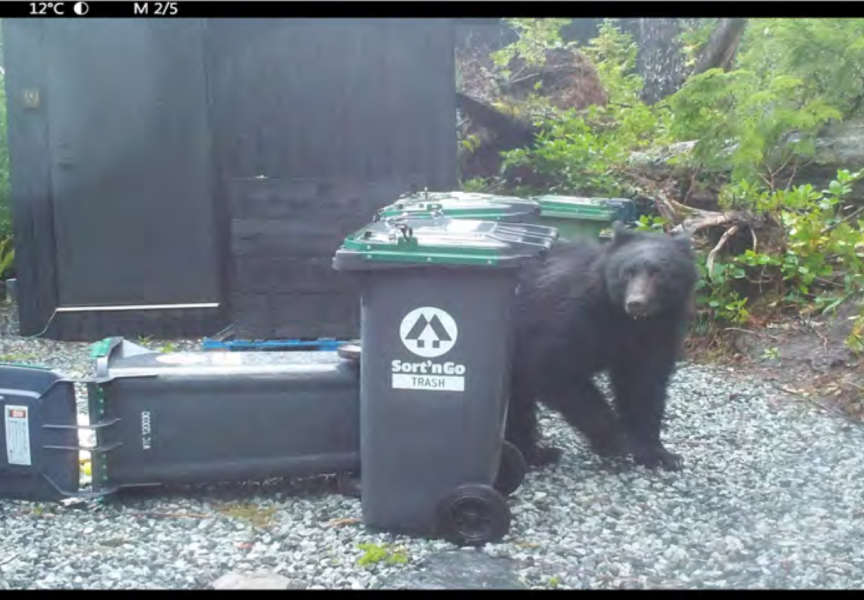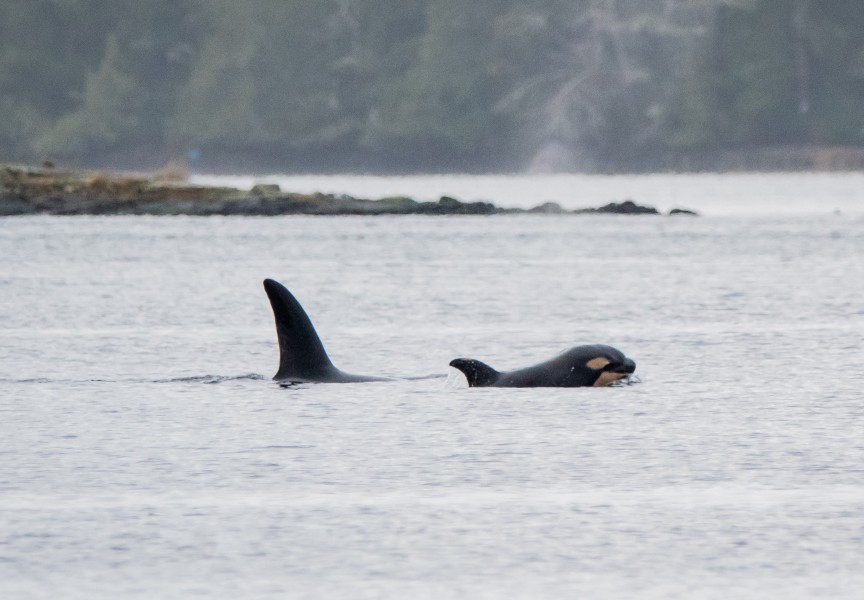Dry and hot conditions on British Columbia's West Coast have prompted the government to increase the drought level in the region to Level 3.
The areas that have risen to Drought Level 3 conditions are eastern Vancouver Island, western Vancouver Island and Haida Gwaii. The high temperatures, consistent sunshine and lack of recent rain have increased water temperatures in numerous Vancouver Island and Haida Gwaii streams.
British Columbia ranks drought levels from 0 to 5, with Drought Level 5 being the most severe, with adverse effects to socioeconomic or ecosystem values being almost certain.
Warmer water temperatures and the lack of precipitation may affect late summer fish-rearing conditions in streams and can affect the timing of salmon spawning migration.
According to a government press release, there have been reports of fish mortalities and strandings within the past month following heat warnings. Angling closures due to high temperatures were in place for most eastern Vancouver Island streams and remained in place until Aug. 31.
Last summer’s record-breaking temperatures and little to no precipitation had all of Vancouver Island in a drought level 5 during the same period.
Jim Lane, deputy program manager for Uu-a-thluk, said droughts can become concerning for salmon habitats if the streams they’re in experience any dewatering and warm temperatures.
“Really tiny streams that are getting dewatered, or the water levels get really low and their temperatures go way up, they have a higher impact than say the Somass where there’s tons of water going down there…[salmon] are still migrating through,” Lane said.
Lane said right now he doesn’t see much of a concern for the migrating salmon around the Alberni Valley, but it depends on how long warm temperatures remain. He said the fish will generally “hang back” before migrating and look for thermal refuges—areas where there’s ground water influence where the water temperature at the bottom of the stream is quite a bit cooler than at the top.
“Escapement levels right now are going in pulses, so we had that very small bit of low pressure system come through and things kind of cooled off a tiny bit and a bunch of fish went up,” Lane said.
Lane added that Chinook are starting to “come into the system now” and they’ll generally wait for rain before migrating.
“They can hold for now and just kind of move back around, so right now it’s not too concerning,” Lane said. “But if we’re into October and we still haven’t gotten any rainfall that will be a problem, but we’re not there yet.”
The City of Port Alberni and the Beaver Creek area are under Stage 1 water restrictions, which typically remains in place until September 30. Last summer the same areas were under a Stage 2 restriction.







